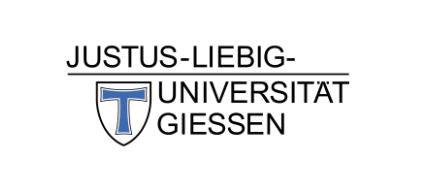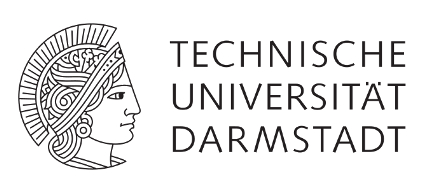Main Content
The Adaptive Mind
One of the most critical challenges facing any organism is to maintain stability in the face of a dynamic and uncertain world. At the same time, successful behavior also rests crucially on our ability to adapt when circumstances fundamentally change. These two conflicting demands present a major dilemma: to determine when variability is noise that must be suppressed, and when it is signal that requires adjusting our behavior to the ‘new normal’. Understanding how we resolve this Stability-Transition dilemma is central to understanding the adaptive mind and is one of the most significant open questions in science. It occurs at every level of human thought and behavior—from low-level sensory adaptation to long-term changes when practicing advanced skills. Resolving the stability-transition dilemma is crucial to survival: it defines our success, and its failure may cause mental disorder.
In The Adaptive Mind, we combine rigorous behavioral research methods and theories from experimental psychology, with the unique patient-oriented insights of psychiatry and clinical psychology and the power of quantitative analysis and computational modeling by artificial intelligence. Our goal is to observe empirically, describe quantitatively, and model computationally how the human mind continually adapts in an ever-changing and often unpredictable world. By examining stability and transition, we seek to characterize one of the canonical computations of the human mind—adaptation—that links basic sensory and motor processes with high-level aspects of cognition and behavior across the entire lifespan, in both healthy individuals and those suffering from paradigmatic mental disorders. To do so, we will create a collaborative research program with five tightly interwoven Key Areas (Dynamics, Context, Interaction, Skills and Disorder), and a Data Hub for mining and sharing data, to investigate the adaptive mind as it performs complex natural behaviors. Only by integrating insights and methods from empirical researchers, theoreticians and clinicians can we develop a comprehensive understanding of the adaptive mind.
for more information see The Adaptive Mind
Participants:


